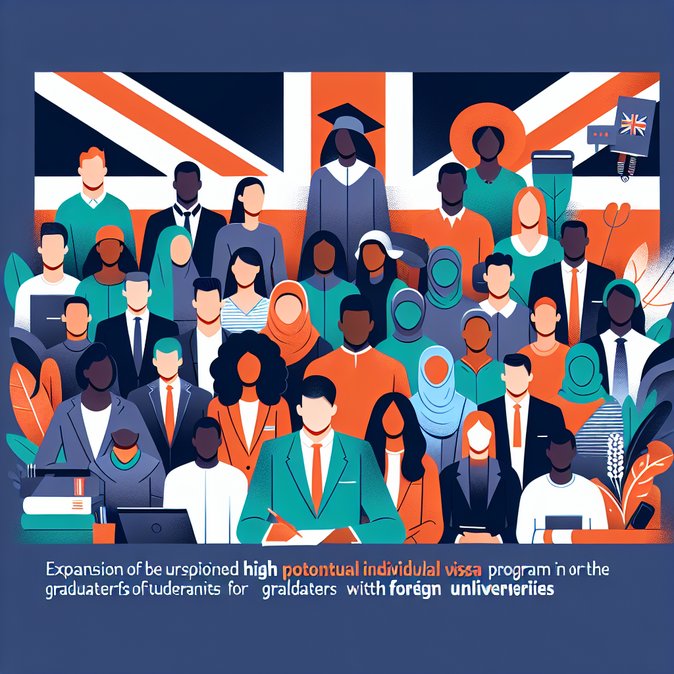
The Home Office has quietly updated the list of eligible overseas universities for the High Potential Individual (HPI) visa covering degrees awarded between 1 November 2025 and 31 October 2026. New entrants include institutions in South Korea, Spain, India and Brazil, bringing the total to 58. The HPI route grants a two-year work visa (three for PhD-holders) without employer sponsorship, designed to lure recent graduates from globally recognised universities.
The update will be welcomed by multinationals that use the HPI as a rapid onboarding mechanism, bypassing the Skilled Worker licensing process and Immigration Skills Charge. Employers must, however, run full right-to-work checks because HPI holders cannot extend or switch into settlement routes beyond their grant; long-term hires will still need sponsorship later.
![High Potential Individual visa: UK widens ‘top universities’ list for 2025–26 graduates]()
Government officials say the wider list reflects a more geographically balanced definition of academic excellence, citing OECD research linking university diversification to innovation clusters. Critics argue the HPI remains too small—just 3,100 visas issued in the year to June—and risks brain-drain in developing nations.
Companies planning 2026 graduate intakes should cross-reference the new list to target candidates likely to qualify, and budget for the Immigration Health Surcharge, which remains payable even without sponsorship.
The update will be welcomed by multinationals that use the HPI as a rapid onboarding mechanism, bypassing the Skilled Worker licensing process and Immigration Skills Charge. Employers must, however, run full right-to-work checks because HPI holders cannot extend or switch into settlement routes beyond their grant; long-term hires will still need sponsorship later.

Government officials say the wider list reflects a more geographically balanced definition of academic excellence, citing OECD research linking university diversification to innovation clusters. Critics argue the HPI remains too small—just 3,100 visas issued in the year to June—and risks brain-drain in developing nations.
Companies planning 2026 graduate intakes should cross-reference the new list to target candidates likely to qualify, and budget for the Immigration Health Surcharge, which remains payable even without sponsorship.


